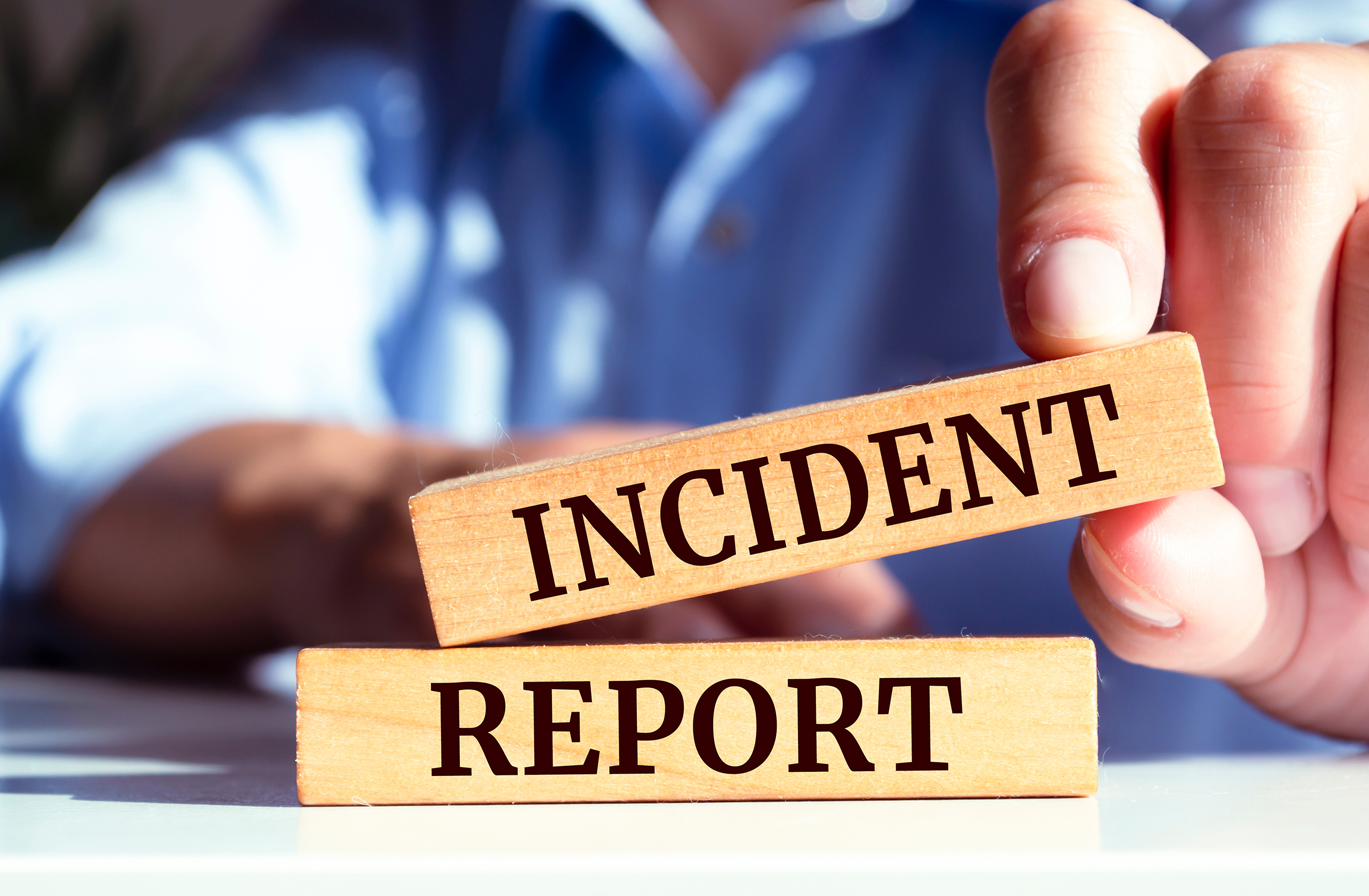
Imagine you’re running a company where everything’s going smoothly—until one day, an accident happens. A forklift tips over, someone’s injured, and before you know it, you’ve got a lawsuit on your hands. Or maybe no one gets hurt, but you’re suddenly looking at a huge property damage bill because nobody flagged that tiny oil spill last week. It’s in that moment—when the chaos feels just a little too real—that you realize incident reporting isn’t just another checkbox on the company’s to-do list. It’s the early warning system that could’ve stopped all of this before it started.
The thing is, when most employers think about safety, they think about injuries. But injuries are just the final product in a long chain of overlooked incidents. Property damage, equipment malfunctions, even that blocked fire exit someone forgot to report—these are the small tremors that signal bigger quakes on the horizon. This is where incident reporting becomes not just important, but vital.
Let’s break it down.
Preventing Accidents Before They Happen
Incident reporting is the business version of “an ounce of prevention is worth a pound of cure.” Most accidents don’t come out of nowhere. They build. Someone notices a loose railing, a slippery floor, or machinery that’s acting a little off. But if there’s no culture of reporting these “non-incidents,” they get swept under the rug. And soon enough, that ignored leak turns into a workplace injury. Incident reporting allows employers to catch problems while they’re still manageable, before they morph into full-blown accidents.
Tracking Property Loss
Now, not every incident is life or death. Sometimes, it’s just expensive. Imagine that same leak ruins thousands of dollars in inventory because no one reported it. Suddenly, you’re not just dealing with a safety problem, but a financial one. Documenting property loss incidents helps companies track patterns, figure out what’s going wrong, and stop it before it becomes a recurring nightmare. Without that data, you’re flying blind. You’re managing risk by gut instinct, and that’s a losing strategy.
Understanding Security Issues
Security problems don’t always announce themselves with a flashing red light. They often start with small incidents—maybe a door left propped open or an unfamiliar person wandering through a restricted area. Incident reports give security teams the paper trail they need to see the bigger picture. They can spot vulnerabilities, track who was where, when, and why, and prevent minor breaches from becoming major disasters. Without a clear record of these incidents, you’re just hoping that nothing bad happens. And hope, as they say, is not a strategy.
In the end, incident reporting is more than just a bureaucratic exercise—it’s an investment in keeping your people safe, your assets intact, and your business running smoothly. It’s about turning those small, everyday incidents into the data that drives real change, reducing risk and improving security before anyone even realizes there’s a problem.
And that’s not just good management. That’s survival.





